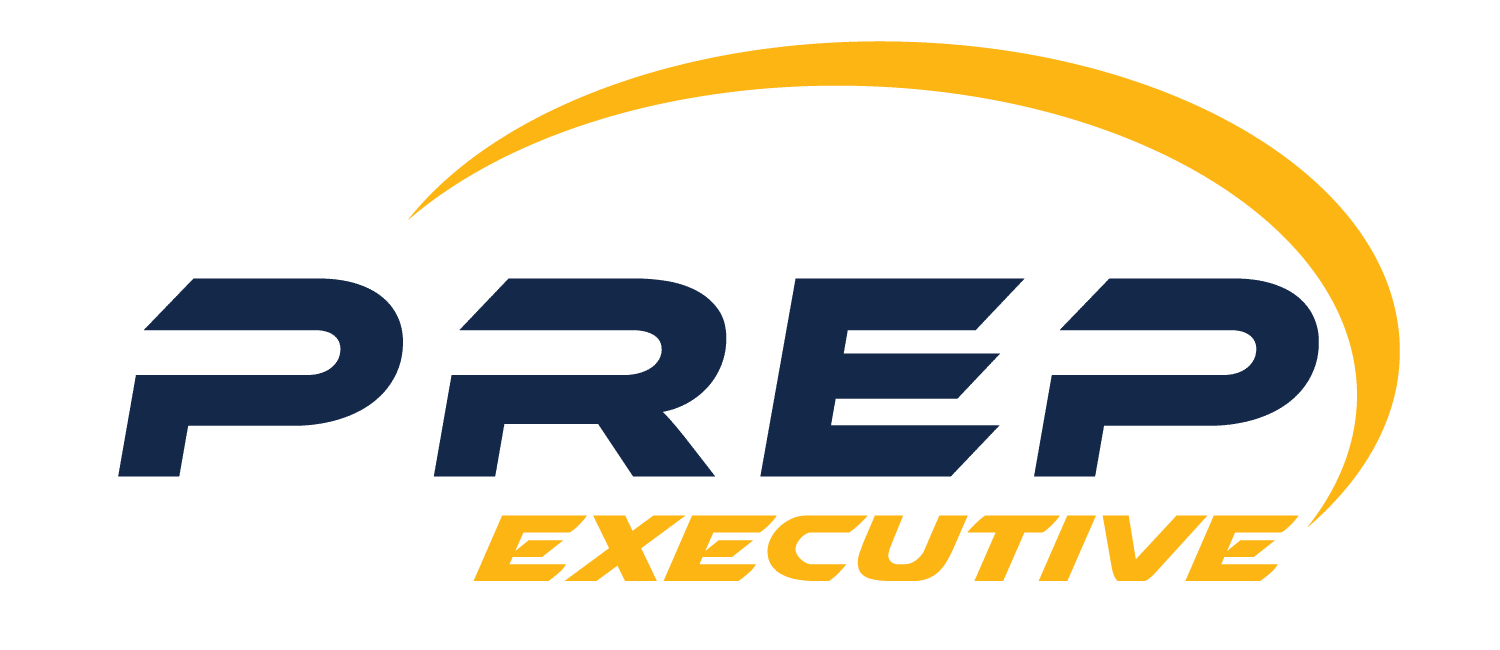The Executive MBA info session is your first opportunity to make a good impression on the admissions officer (or recruiter). It’s the starting point for your relationship with the people that will decide if you can join the EMBA program.
So, it’s really important…
The Basics of an Executive MBA Info Session
Although every program has a slightly different schedule, info sessions usually include:
- An introduction to the admissions officer(s) or recruiter(s)
- A program overview
- Test preparation talk
- Reception with admissions officers and alumni
Think of the info session as half formal and half informal. There is usually no commitment but to register online and show up.
5 Quick Tips to Rock the Info Session
#1 Start with the info session
In addition to info sessions, some programs have coffee chats, webinars, online info sessions, brunches, or happy hours. You can attend these events later. Your starting point is the information session.
#2 In person is better
Go to an in-person information session, even if you have to drive a long distance. Coming from afar will demonstrate your strong interest in the program as well as be a differentiating story during conversation.
#3 Be smart casual
Dress for information sessions is smart casual (i.e., suit but no tie, corporate dress and heels).
#4 Get there at the right time
Be on time, not late, and not early. Showing up early tows the line of being too eager. Showing up late, well…
#5 Schmooze
Be your wonderful, personable self. If you’ve gotten this far in your career, you know how to “schmooze.”
What to Listen for During the Presentation

Image: Unsplash
Your job is to listen for applicant traits that may be emphasized or any program preferences that they do not want to put on the website but actually do have. For example, the admissions officer may mention the Executive Assessment or GMAT score the program wants, even though the website says they do not have a preference.
Another important piece of information to listen for (or even ask the recruiter about later) is how admissions decisions are made. Many Executive MBA programs have an EMBA admissions panel that has to unanimously agree to admit an applicant.
However, some universities, like UCLA, process all EMBA applications through the graduate school. Therefore, applicants are held to the graduate school’s general requirements.
One of the most common graduate school requirements that can penalize EMBA applicants is that you must have a 3.0 out of 4.0 GPA for undergrad. If you don’t, the admissions officer may need to lobby to get you admitted. It is important to know how the applications are processed ahead of time to manage your own expectations.
Who to Talk to at the Executive MBA Info Session: Alumni
Your time to shine is during the networking reception. The goal is to have an interesting and memorable conversation with 2 alumni and 1 admissions officer.
That’s it!
Having shallow conversations with lots of people will not make you memorable. Having a great conversation with a few people, will.
Pick a target, ideally someone that matches an aspect of your profile because then it will be obvious why you want her perspective. For example, if you’re a woman, start a conversation with a woman alum. You will not only get general ideas about the program but also gain valuable insights about what the program may be like for you.
What to Say to Alumni
Here a few questions to ask alumni once you join the conversation:
- “How did the program help you in your career?”
- “What were the program highlights for you?”
- “Are there any opportunities I should be sure to seize?”
Above all, be sure to focus on that person and what she got out of the program. You will have an opportunity to talk about yourself to the right people during the interview or other stages in the admissions process.
However…
Take alumni recommendations with a grain of salt. Information they provide is from their perspectives and may not be directly applicable to your situation.
It is somewhat bad form to ask about GPAs and test scores, so steer clear of these topics in your conversations. Besides, the GPA or GMAT/EA score that got that person accepted, might not get you accepted.
Who to Talk to at the Executive MBA Info Session: The Admissions Officer

Image: Unsplash
Pick one admissions officer to talk to at the information session. You do not really need to speak with all of them because they usually discuss who they met anyway.
Here are 4 more tips for your conversation with recruiters:
1. Don’t talk to the admissions officer as soon as you get to the networking reception.
You need time to get warmed up and the best way to do that is through small talk with alumni. Save your chat with the recruiter for when you have settled into the event and are at peak confidence.
2. Be a bit stealthy in your approach.
An obvious beeline for the admissions officer has a stalker vibe, so coolly and calmly mingle your way to her direction.
3. Save the interrogation for another time.
Assume that the website is accurate and that there is no need to confirm the length of the resume’, parts of the application, or other information that is clearly stated. (Besides, it makes you seem like you did not do your research.)
Instead, start the small talk with something about the presentation or if other people with some interesting facts about your profile have been in the program. For example, if you are an aviation executive, ask if anyone in the aviation industry has been through the program.
4. If you’re concerned or anxious about any aspect of the application or program, ask them.
Terrified of the GMAT or Executive Assessment? Worried about low grades from undergraduate? A great time to ask the admissions officer is during an in person conversation. Sometimes, you may even gain insights that a recruiter would not put in an email.
What to Say to an Admissions Officer
Your most important task for the entire info session is to ask the recruiter if you can send her your resume’ to review. Here’s how to do it:
“Hi Lily, I’m just about the head out. Would you be willing to take a look at my resume’ if I email it to you tomorrow? I would love your feedback on my education and experience.”
Some EMBA programs have a formal channel through which you can request a resume’ review. You will know if there is a process from your research. If there is a formal resume’ review process, ask anyway then follow the process. The point is to begin a dialogue.
Now that you know how to approach the Executive MBA info session, get started!
Free 7 Day Executive MBA Strategy Course
Want to know how to get into any Executive MBA program? Take our free 7 day email course to learn a proven strategy, complete with tips, examples, homework and more. Sign up now to start the course today.
You May Also Like…
Info

20 Questions About the Executive Assessment Exam Answered
Admissions exams change over time and the Executive Assessment (EA) exam is no different. In fact, since being...
Admissions

How to Prepare for the GMAC Executive Assessment
In this post, we're going to breakdown exactly how to prepare for the GMAC Executive Assessment (EA). There's lots of...
Programs

Which Schools Accept Executive Assessment?
As of June 2020, more than 90 business schools accept the Executive Assessment as an admissions test. Each business...







